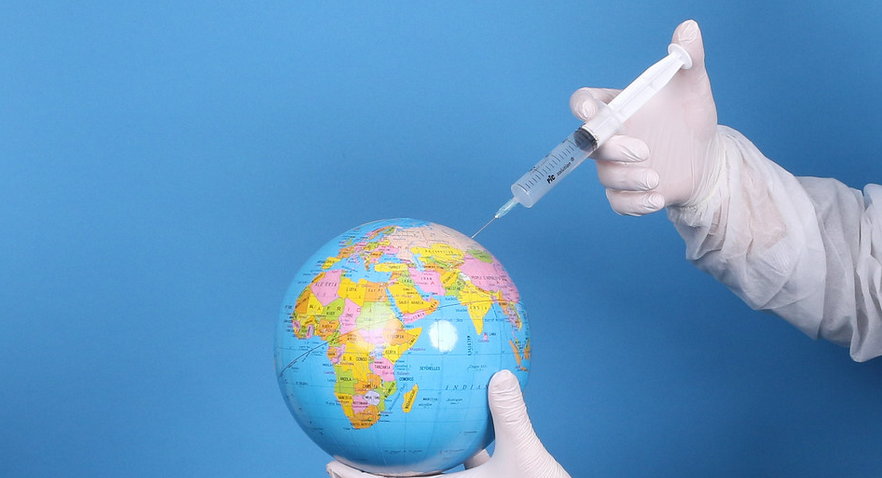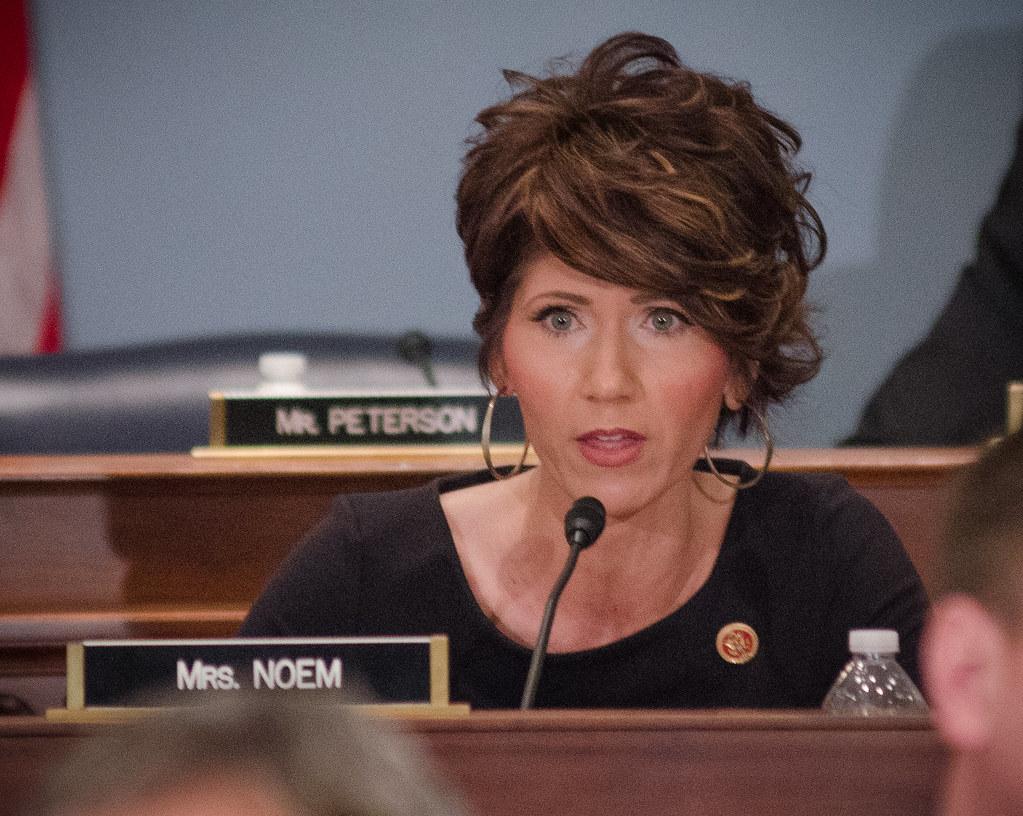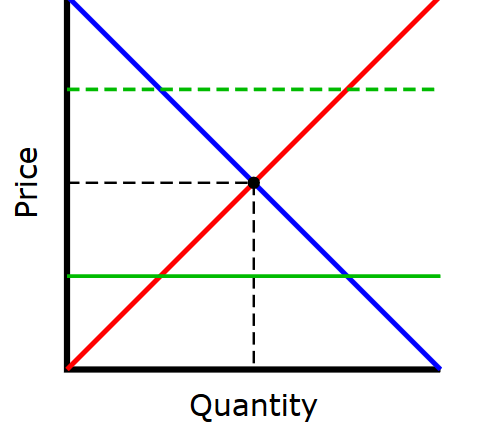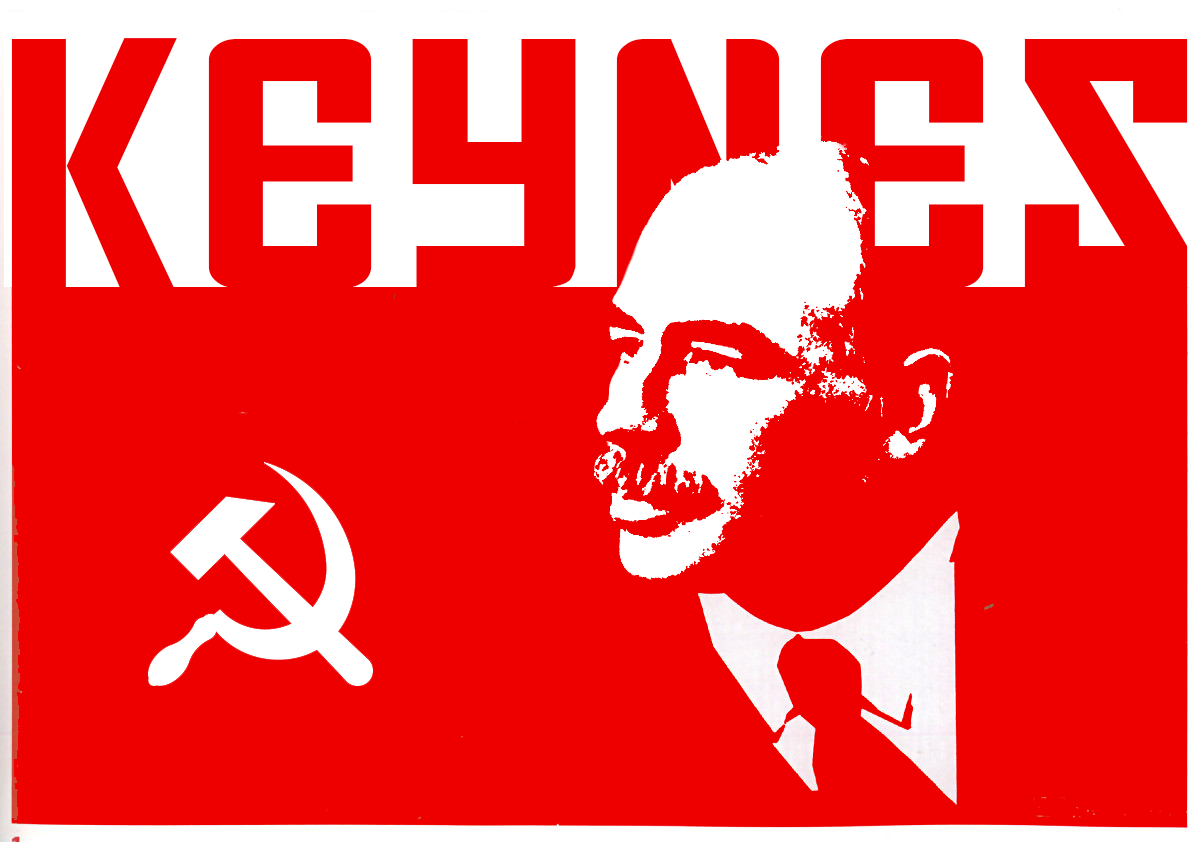In the early days of the outbreak, pundits rushed to the ramparts of Twitter to proclaim that “there are no libertarians in a pandemic.” However, this glee at the apparent failure of markets was soon dashed as more evidence accumulated showing that government intervention was actually the main impediment to success. From an economic standpoint, the channels by which government failure accumulated were legion: Centralizing and restricting testing: the most egregious failure of government has been in its approach to testing, especially in countries not named Germany or South Korea. Highly centralized testing labs (especially in the UK), command and control over who has the right to test, and a monopoly on testing infrastructure have combined in many countries to
Topics:
Christopher A. Hartwell considers the following as important: 6b) Mises.org, Featured, newsletter
This could be interesting, too:
Nachrichten Ticker - www.finanzen.ch writes Die Performance der Kryptowährungen in KW 9: Das hat sich bei Bitcoin, Ether & Co. getan
Nachrichten Ticker - www.finanzen.ch writes Wer verbirgt sich hinter der Ethereum-Technologie?
Martin Hartmann writes Eine Analyse nach den Lehren von Milton Friedman
Marc Chandler writes March 2025 Monthly
 In the early days of the outbreak, pundits rushed to the ramparts of Twitter to proclaim that “there are no libertarians in a pandemic.” However, this glee at the apparent failure of markets was soon dashed as more evidence accumulated showing that government intervention was actually the main impediment to success. From an economic standpoint, the channels by which government failure accumulated were legion:
In the early days of the outbreak, pundits rushed to the ramparts of Twitter to proclaim that “there are no libertarians in a pandemic.” However, this glee at the apparent failure of markets was soon dashed as more evidence accumulated showing that government intervention was actually the main impediment to success. From an economic standpoint, the channels by which government failure accumulated were legion:
- Centralizing and restricting testing: the most egregious failure of government has been in its approach to testing, especially in countries not named Germany or South Korea. Highly centralized testing labs (especially in the UK), command and control over who has the right to test, and a monopoly on testing infrastructure have combined in many countries to create a predictable outcome: a shortage of testing equipment. Only by decentralizing and allowing the private sector to do its job and respond to demand (as in Germany) will we see increases in the testing so necessary for fighting the spread of coronavirus.
- Barriers to trade in medical goods: governments, especially of countries with socialized healthcare systems—which negotiate lower prices for pharmaceuticals and thus face shortages—have long been proponents of restricting the trade of medical goods in particular. Indeed, the UK has restricted exports of 80 “key medicines” during the pandemic, and other countries have instituted their own brand of trade controls. At a time when there needs to be a targeting of specific clusters of contagion, the global reallocation of medicines determined by market forces is paramount. Instead, the nationalist/protectionist wave, which was strong before the virus hit, has once again triumphed—and made things worse for the world in general, as the areas where the spread could be contained are not receiving the supplies they need.
- Government regulation slowing down innovation in pharmaceuticals: in every country, there is some agency charged with overseeing drug testing and release (in the US, it’s the Food and Drug Administration (FDA)). These agencies often operate on some form of the “precautionary principle,” which emphasizes delay and gathering of evidence before any innovation is approved. In normal times, ensuring that the cure is not worse than the disease is an admirable goal, but in a pandemic the calculus is shifted extensively away from the costs of doing something to the costs of not innovating. Only where the FDA and similar agencies have been getting out of the way have we seen tangible progress in fighting the virus and/or creating ad hoc ways of mitigating it (e.g., 3-D-printable parts for ventilators). Note: this does not mean abandoning the scientific method; it does, however, mean that we should abandon the bureaucratic hoops necessary for trials and experimentation.
- Crippling the price system: rampant discouragement of “price gouging” (a term with no foundation in economics) has resulted in prices which are not commensurate with demand; by placing a price ceiling on certain goods, shortages result. These shortages have been alleviated in the short term by the reality that volume can make up for some of the overwhelming demand (that is, because demand is so high, some revenue lost to mispricing can be recouped via volume), but if input prices shift, this avenue will be closed off. Thus, in the name of helping the poor, government will choke off access to many goods just when they are needed most.
- Freezing labor markets: nearly every country in Europe, but especially in the southern/Mediterranean area, has “employment protection legislation” (EPL), which makes it harder to fire or hire staff and puts price floors in place (i.e., a minimum wage). Even in the United States, unemployment has skyrocketed due to uncertainty, government-mandated closures, and has been exacerbated by regulations on employment. In a freer market economy, such restrictions would not exist, meaning that there could be much more rapid reallocation of labor, especially for the lowest skilled (who cannot work from home). Simply put, there is now a great demand in manufacturing medical goods, skyrocketing demand in delivery services, and comparatively less demand for retail workers. Freer labor markets mean that people can quickly relocate to the industries which are in demand without being snared in a web of paperwork and restrictions. This also helps the fight against coronavirus, as the labor goes to the frontline industries.
- Playing the blame game: not only has the game of politics not stopped, it has ramped up to a fever pitch, especially in the United States. President Trump had tried to make the government response about his predecessor; the Democrats larded up the recovery bill with goodies, seeing a “tremendous opportunity to restructure things to fit our vision” (according to Democratic senator James Clyburn); and the media has been less interested in exploring the latest research coming out than playing “gotcha” with the president over his use of the phrase “Chinese virus” or touting hydroxychloroquine as a possible treatment. In each instance, instead of a benevolent leadership that knows better than the market, the worst impulses of political creatures have been shown.
In short, by nearly every metric, governments around the world have played to their own incentives rather than those of the market, and they have lost valuable time in fighting the COVID-19. As part of this dereliction of duty, they obviously have been…rewarded with more power, as authoritarians and would-be authoritarians have clamped down on freedom of assembly, shut down private businesses, and arrogated more power to themselves. Fortunately, the economic difficulties which will follow the end of the coronavirus are likely to be mostly reversible—with the recognition that an economy is a complex system that cannot just be “restarted”—but only if the basic tenets of the market economy such as the price system are allowed to function. This means vitiating the power of the state to interfere, not giving it more say over every aspect of our lives.
Tags: Featured,newsletter








